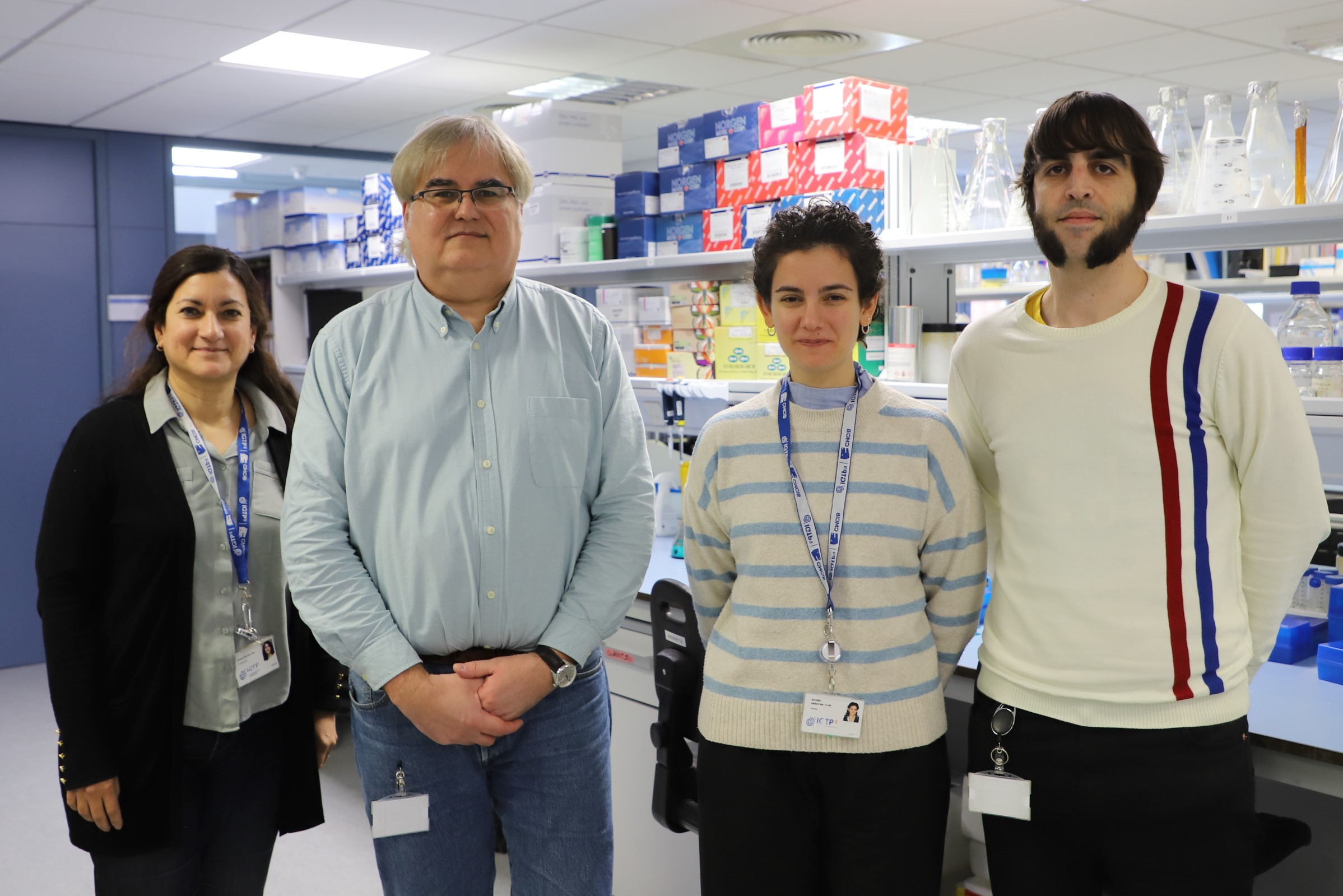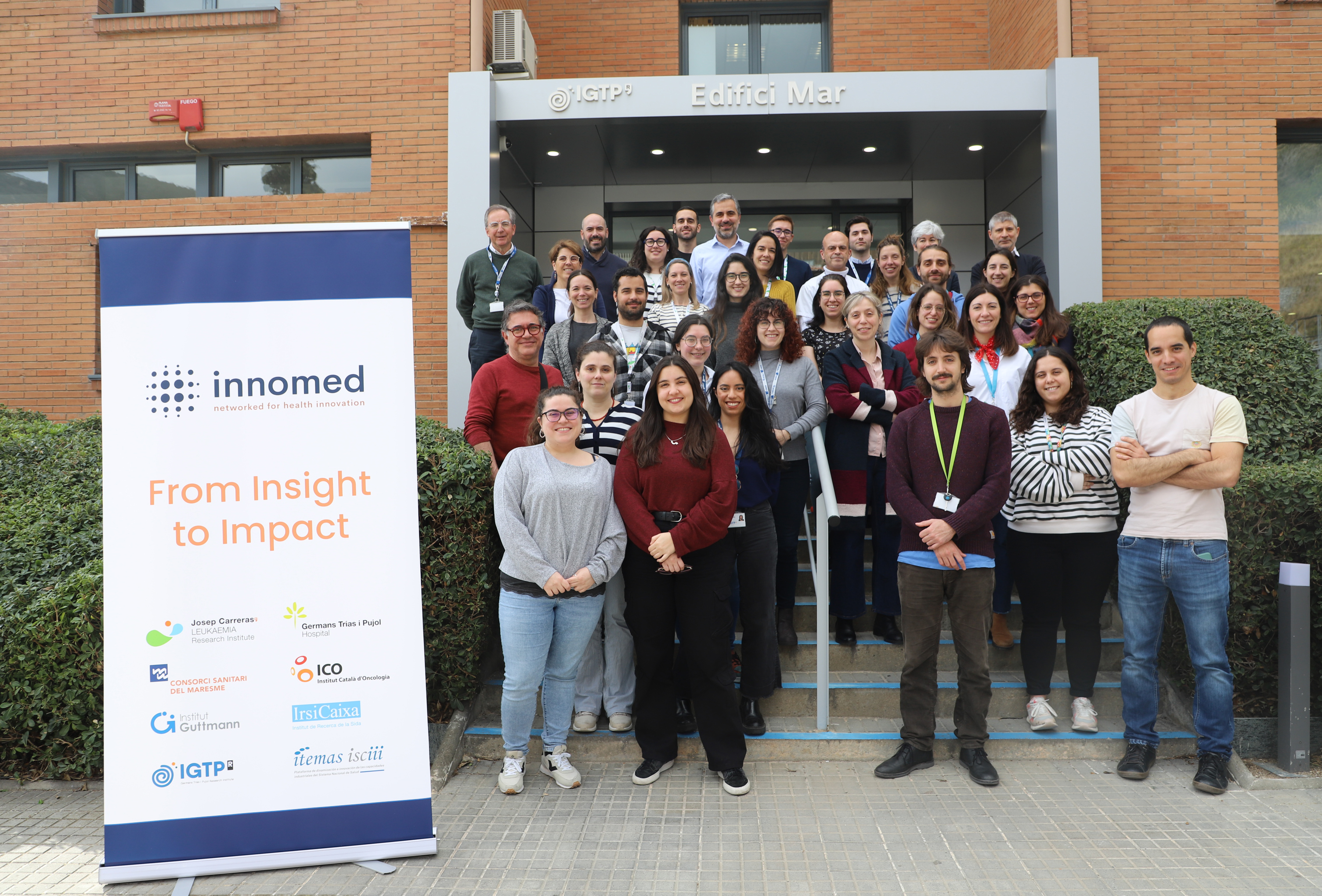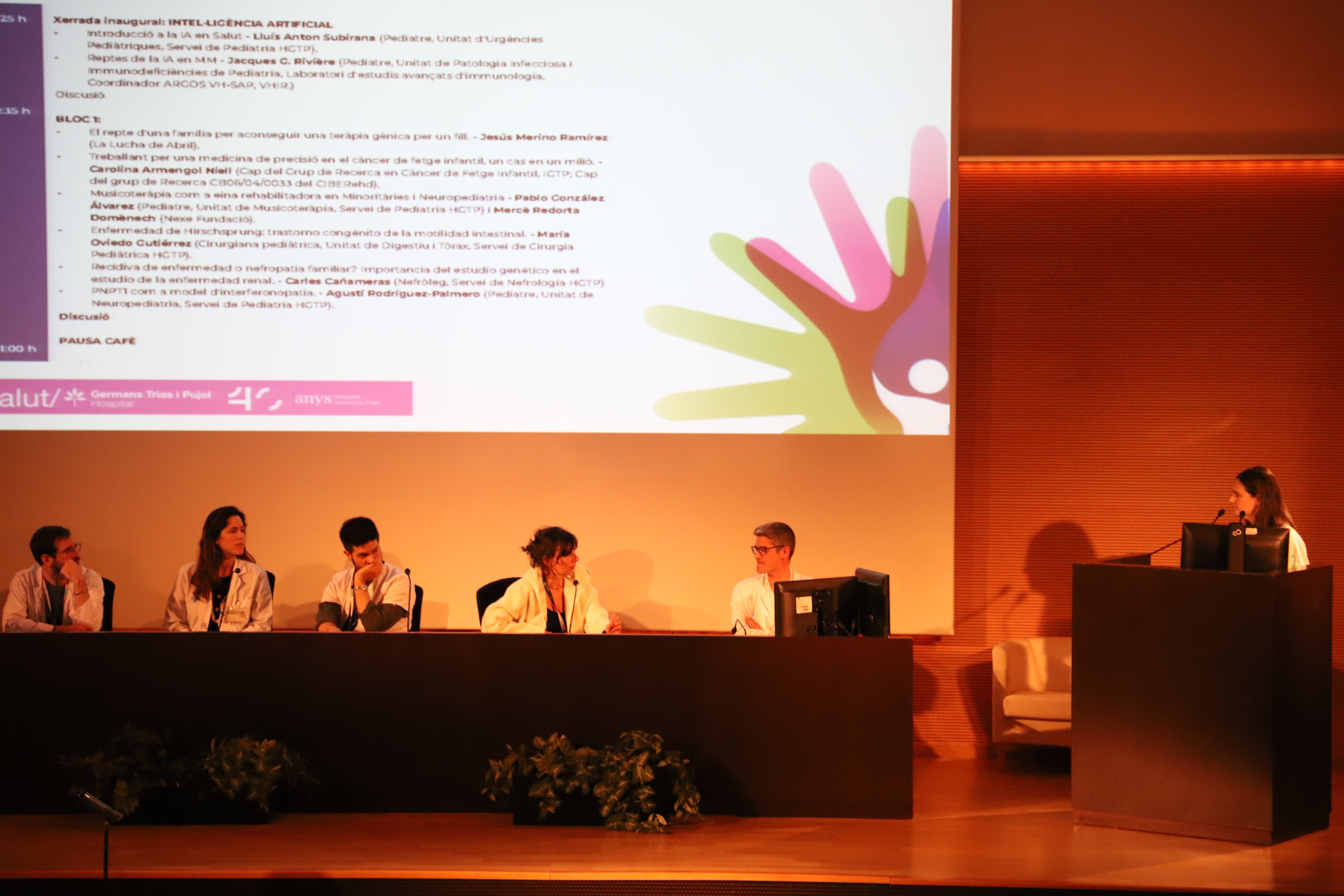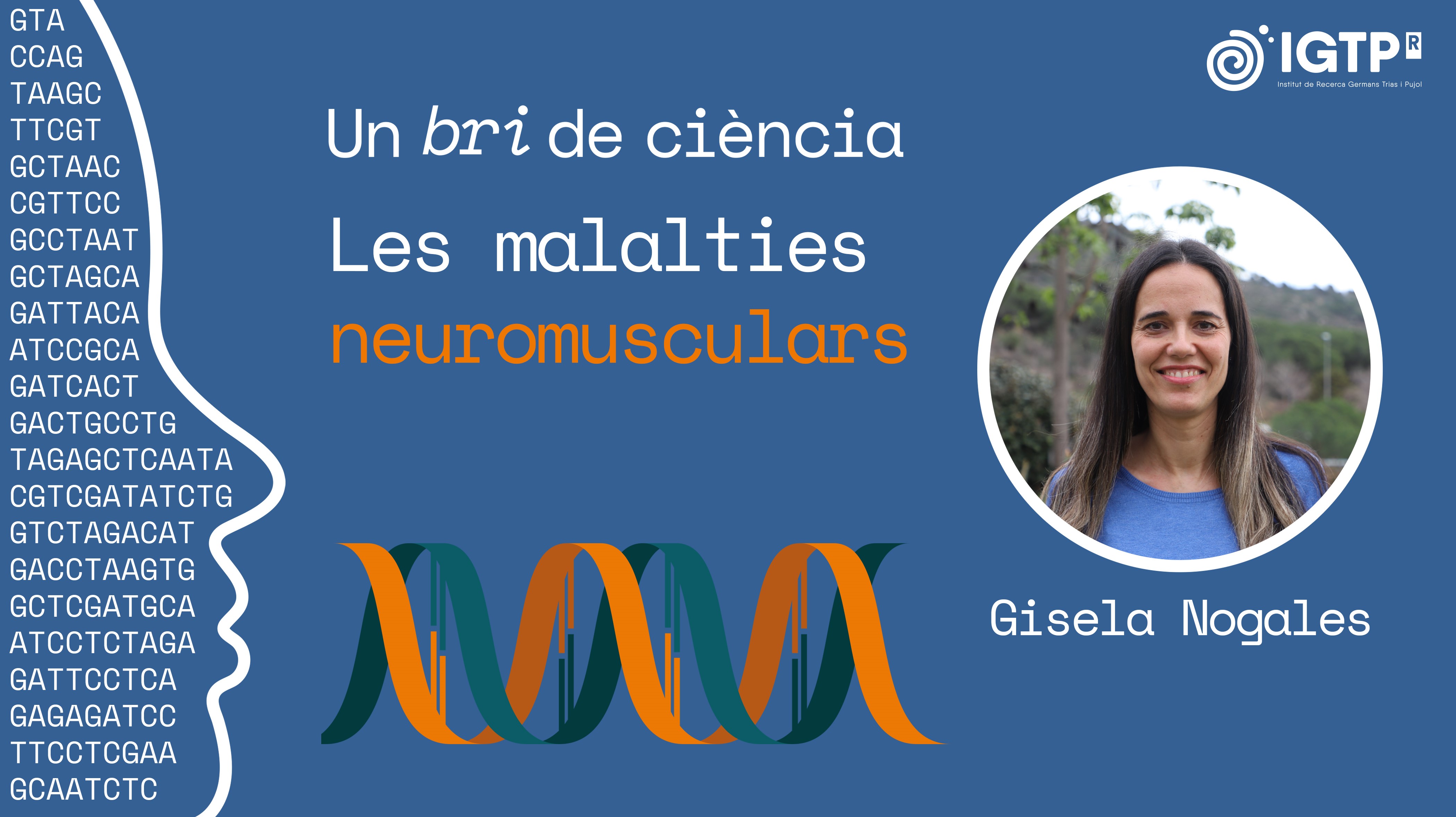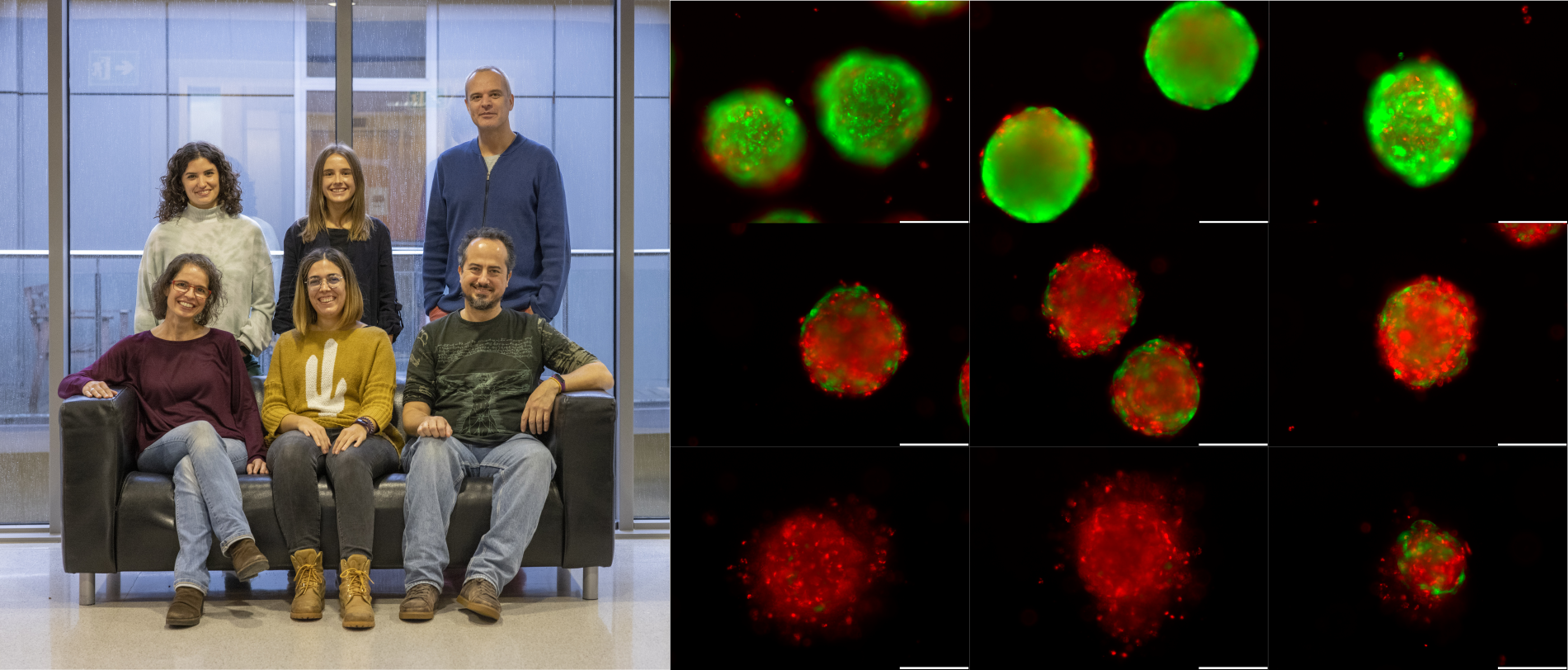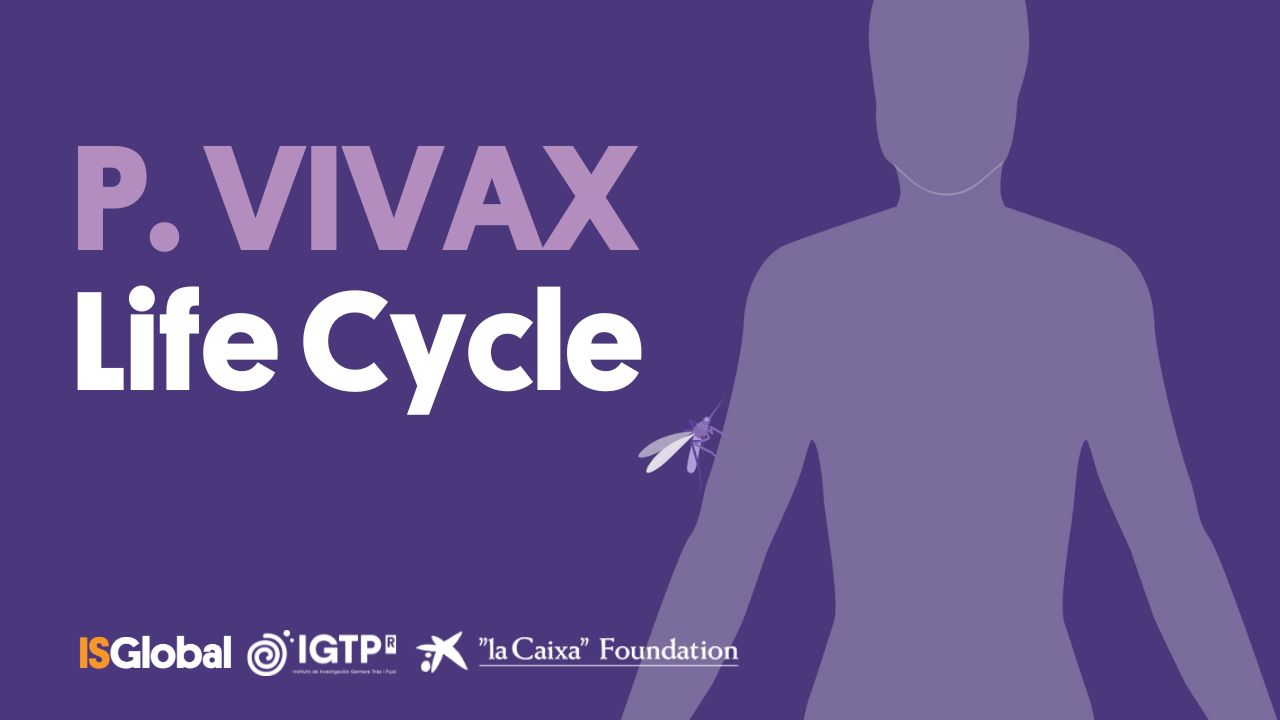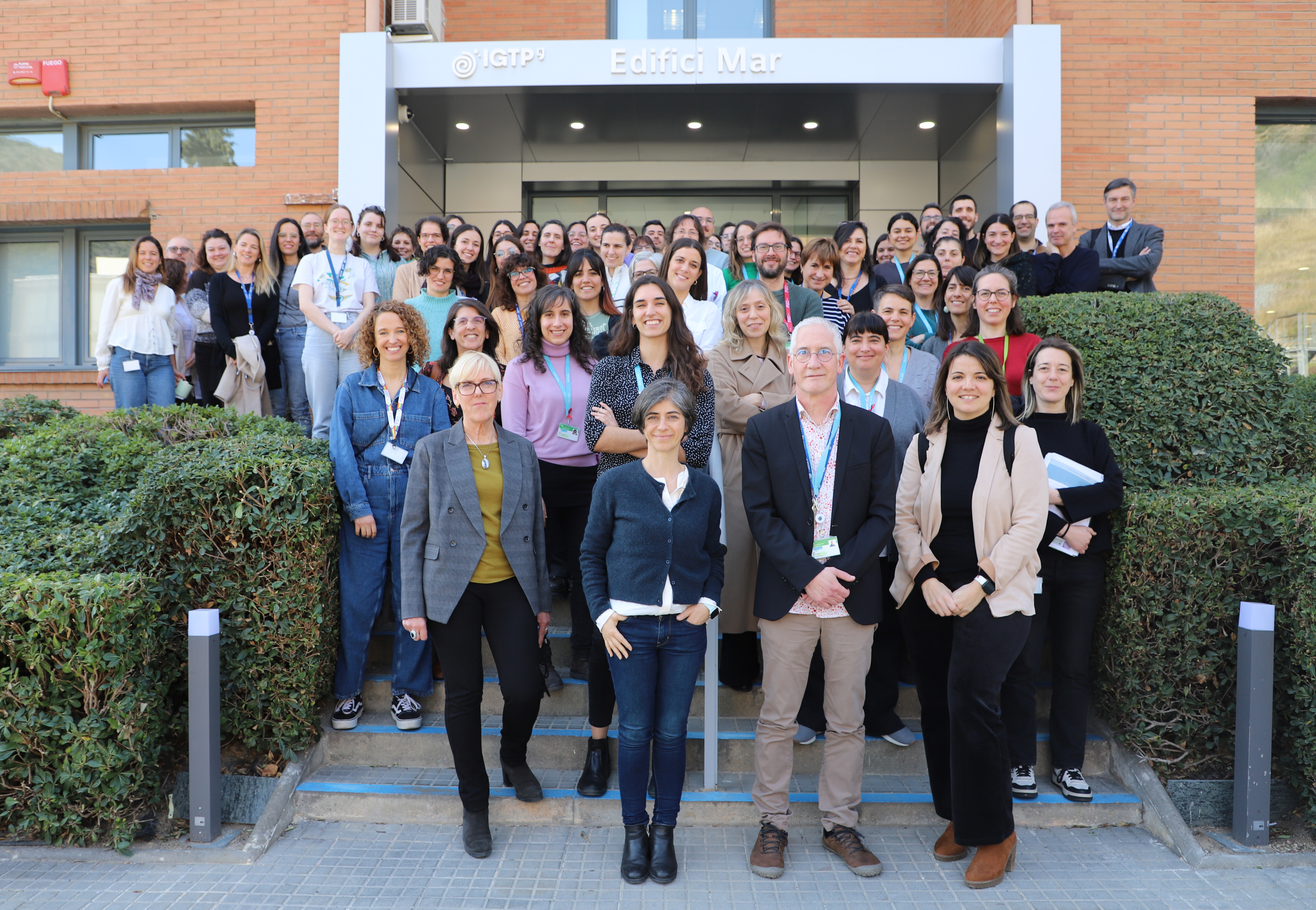Scientists use an innovative approach to provide relevant insights into a rare neurologic disorder
Researchers from IGTP and BSC-CNS have discovered new genetic mechanisms related to spinocerebellar ataxia type 37. Their research, published in the journal Human Genetics, employed advanced techniques such as CRISPR/Cas9 gene editing, real-time large DNA sequencing and machine learning. The study deepens our understanding of this inherited disease, leading to more precise diagnoses and improved genetic counselling for patients.
